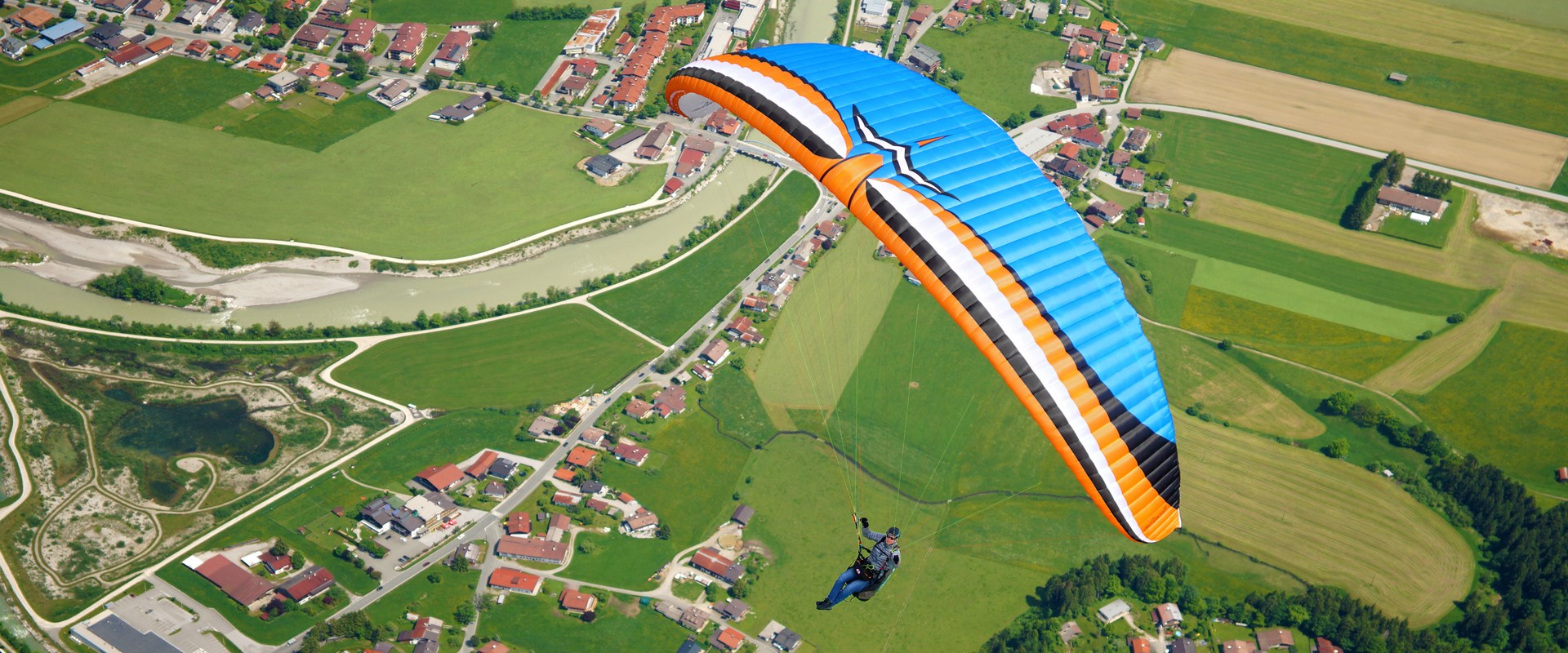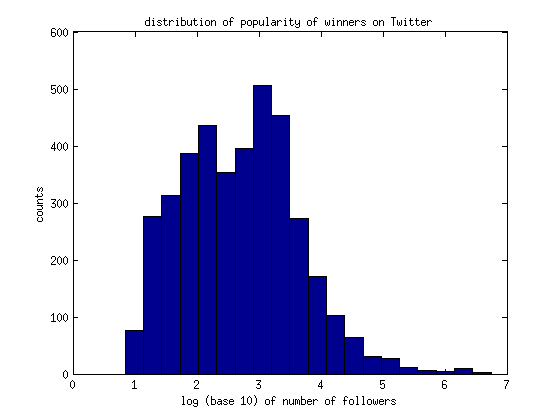Pacific Parkour League (PPL) Mac OS
Find games for macOS tagged Parkour like KARLSON, SkillWarz, Multiplayer parkour FPS (Alpha 0.2), The Confraternity of Toast, Shelled Shinobi on itch.io, the indie game hosting marketplace. Take A Sneak Peak At The Movies Coming Out This Week (8/12) Music festivals are BACK and we’re ready for it; Hollywood history-making at the 2021 Oscars. Ultimately, get ready to install the emulator that takes few minutes only. Just click 'Download Parkour APK' button to begin with downloading the apk file into your PC. How to Install Parkour for PC or MAC: 1. Begin by downloading BlueStacks emulator for your PC. Pacific League TV Official YouTube channel.
Google uses cookies and data to:- Deliver and maintain services, like tracking outages and protecting against spam, fraud, and abuse
- Measure audience engagement and site statistics to understand how our services are used
- Improve the quality of our services and develop new ones
- Deliver and measure the effectiveness of ads
- Show personalized content, depending on your settings
- Show personalized or generic ads, depending on your settings, on Google and across the web
Click “Customize” to review options, including controls to reject the use of cookies for personalization and information about browser-level controls to reject some or all cookies for other uses. You can also visit g.co/privacytools anytime.
Though the same age as its Japanese counterpart, the Pacific League (JPPL) sure feels a heck of a lot younger.
History
The JPPL was originally known as the Taiheiyo Baseball Union until 1980 when it officially adopted the Pacific League moniker. Since that time the JPPL has operated as a six-team league, and has always been a part of the Nippon Professional Baseball organization. Outside of the playoff structure change in 2004, the JPPL has mostly been run without incident. There have been labor issues and problems with teams, but measures have always been taken at the last minute to stop these issues from blossoming into anything major.
The JPPL, and previously the TBU, spent many years viewed as the lesser of the two leagues. That may not have ever actually been the case, but because of the deeper traditionalist roots of the JPCL, they were able to gain a foothold in Japanese culture that the JPPL struggled to attain. Throughout the years the JPPL has shown a willingness to bring about change. This was evident in the 1970s when the TBU adopted both the designated hitter and a playoff system. The JPCL still has yet to adopt the designated hitter and waited three decades before they started using playoffs themselves.
Over the past twenty or so years the JPPL has seen a surge in its neverending battle with the JPCL. Not only have they surged in popularity but their style of play has outclassed the JPCL at every turn. In recent years the Japan Series has become less of a contest between two leagues and more of a question of how many games it will take the JPPL team to win the whole thing. The JPPL has shown with its streaming service that they are also lightyears ahead of the JPCL in terms of the future of airing baseball games.
Format
Game rules are much the same as found in traditional baseball except JPPL uses a designated hitter for the pitcher. The only time that isn’t the case is interleague games played in a JPCL park. If a game is tied after 12 innings it is declared a draw. The JPPL is traditionally a small-ball league, but it has become known over the past decade for rather large offensive numbers. There’s still a high level of emphasis placed on bunting, moving runners over, sacrificing, etc. However, because of the designated hitter the JPPL has focused more on offense and the results bear that out. Also, because of the way television rights work in Japan, it is not uncommon for a game to be cut off before it has finished to move on to the next scheduled bit of programming.
Rosters in the JPPL are 25 on game day, 27 active players, and around 70+ when including a team’s farm club. The JPPL uses an active roster because that allows players, usually pitchers, to be moved back and forth on days when it is known ahead of time they will not be playing. The JPPL typically does not schedule games on Monday, and this has created a scenario where the guaranteed off-day means most teams have six-man starting rotations. Gameday rosters in the JPPL are limited to four foreign-born players, though there can be as many foreign-born players as a JPPL team wants on their overall roster. The four foreign-born players on the active roster cannot be exclusively pitchers or position players but must be some sort of mixture of both.
After the 143-game regular season, Opening Day is March 20th, the Climax Series playoffs begin. The top three teams advance to the playoffs. In the first stage, the second and third place teams square off in a best-of-three series where each game takes place at the home field of the second-place team. The winner of that advances to the final stage to face the regular season winner in a best-of-seven series. The catch is that the regular-season winner starts the final with a one-game advantage and gets home field throughout the series. When a playoff game ends in a tie it goes in the books as exactly that. If the series itself ends tied the team with the better regular-season record advances, and if the two teams had identical records then the team that won the head-to-head regular season match-up advances.

The winner of the JPPL Climax Series goes on to play the winner of the JPCL Climax Series in a best-of-seven Japan Series. It’s of note that both the JPCL and the JPPL do not tie teams into cities in the same way that affiliated baseball does. Teams call specific cities home, but their identity is tied into their corporate ownership.
Level of Play
The scale,
ML
AAAA
Pacific Parkour League (ppl) Mac Os X
AAA
AA
A
Rookie
In the past few decades, there have been numerous JPPL players who have entered the ranks of affiliated baseball and succeeded. They have succeeded from the ML-level all the way down. The reality is that the JPPL is but a few steps removed from being a ML-level league. The talent is certainly there at the top of team rosters. What still holds the JPPL, and JPCL, back is the bottom of active rosters. Somewhere around 17-18 deep on a roster the talent level dips from AAAA-level or better to anywhere from Rookie-level to AA-level. That places the JPPL firmly in the AAAA-level of leagues.
Teams
- Chiba Lotte Marines
- Fukuoka SoftBank Hawks
- Hokkaido Nippon-Ham Fighters
- Orix Buffaloes
- Saitama Seibu Lions
- Tohoku Rakuten Golden Eagles
Statistics
Pacific Parkour League (ppl) Mac Os 11

There are plenty of places to find JPPL statistics. The NPB website carries stats dating back to 2008. DeltaGraphs, has sabermetric inclined statistics for the JPPL dating back to 2014 that can be accessed for a monthly fee. Though, league leaders in various stats can be accessed with a free membership. Baseball Reference also has up to date JPPL stats, but really shines in that it has complete regular-season statistics from the start of the league. None of the sites seem to carry JPPL playoff stats, which is s shame.
People to Follow
There are a lot of JPPL folx to follow online. There are far more than I could hope to list here, from those who cover the league in a broad sense down to those who only want to talk about their favorite team. If you’re looking for a starting point I highly suggest the three people/places listed below,
Jason Coskrey – @JCoskrey
Jim Allen – @JballAllen
NPB Reddit – @NPB_Reddit
Websites
NPB (English) – @npb – npb.official
Streaming
Pacific League TV is the streaming service that sets the JPPL apart from the JPCL. For $15/month live streams are offered of every JPPL game, interleague games where the JPPL squad is the home team, as well as interleague games where the Hanshin Tigers are the home team. The Climax Series is included, but the Japan Series is not. There is a mobile app for what is, all-in-all, a great streaming service.
Lead photo courtesy of Unknown – SportsLogos